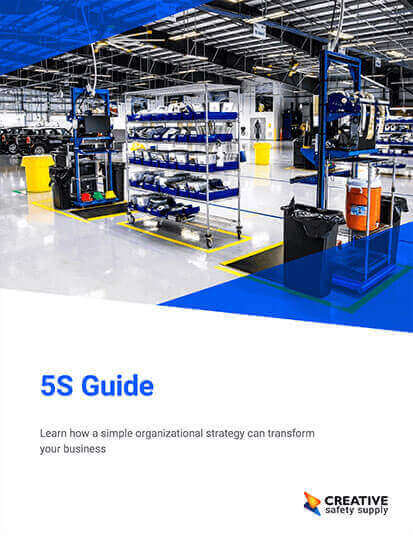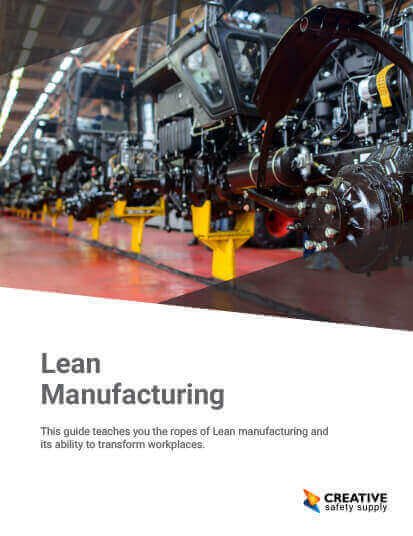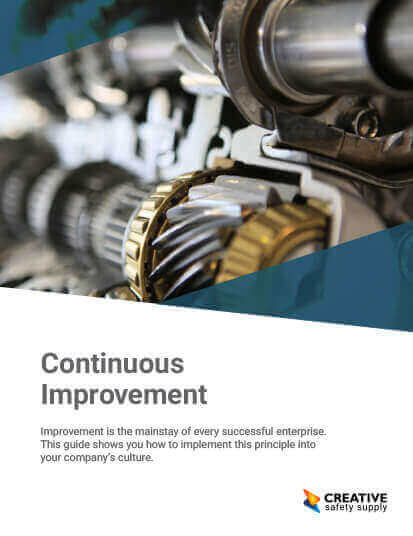
Kata is a Japanese word that means ‘form’ or routine. It comes from the idea of a detailed pattern of martial arts movements that are memorized and practiced repeatedly to try to perfect them. The concept of a KataLab was developed during the COVID-19 pandemic for a food bank.
The team working on a project to help improve food production for the food bank relied on several concepts from the Toyota Kata training that helped team members to be able to perform key tasks better and more accurately.
This is done using puzzle exercises that are repeated so that they could be performed more quickly and with fewer errors. In addition, the way that things were currently done was evaluated to help the team get a good picture of how things were currently operating so that improvements could be made. The whole process was developed over the course of two days so that everyone could begin operating effectively as soon as possible. Making fast changes is the best way to allow a company, nonprofit, or others who are using this technique.
The point of the Katalab is to help improve efficiency in various efforts. For many companies and other organizations, improved efficiency is as important, or even more important than things like finances. Eliminating waste and getting things to run smoothly is a great way to make improvements to the bottom line and the way that a facility operates. This is often easier than acquiring new customers, securing more donations, or doing other similar things.
If your company is looking for ways to improve the bottom line, taking the time to learn more about KataLabs will help you to learn how to effectively improve efficiency. Using the techniques set up in KataLab is important for people throughout the facility including management and employees.
Similar Glossary Terms
- Kata
- The Jishuken Concept
- Lean Production
- 5Cs
- Process Improvement
- Toyota Production System
- SMED
- Process Mapping
- Autonomous Maintenance


